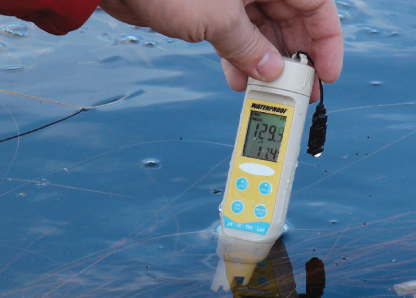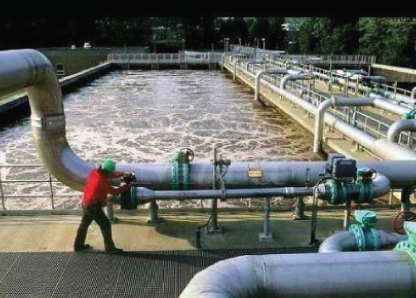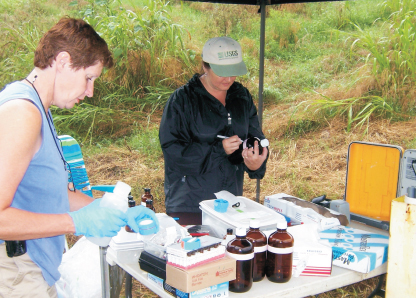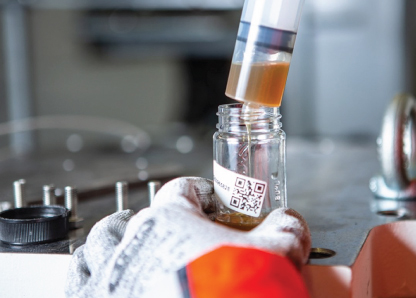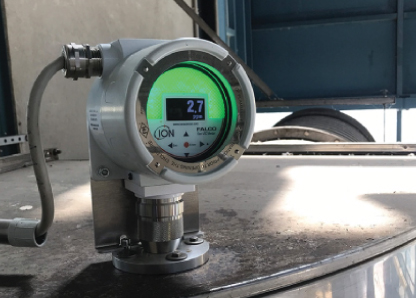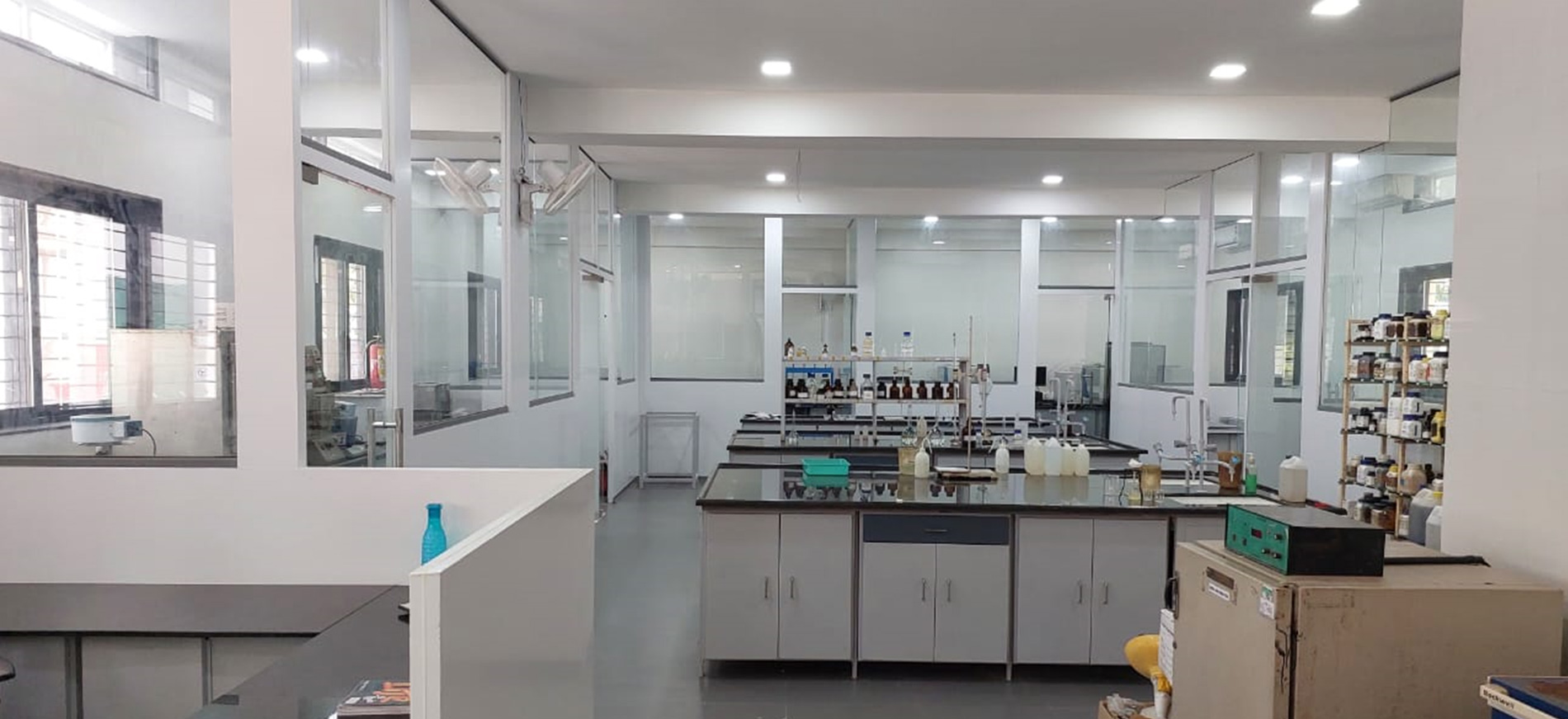
Water Analysis
Water
Waste Water Analysis
Water is life. It directly sustains humankind and its developmental needs. Water plays infinite roles in our day to day life with abundant applications. According to the specific end use of water, one needs to set its desirable characteristics. Here we enlist a few applications that need certain quality parameters to be tested. Boiler water
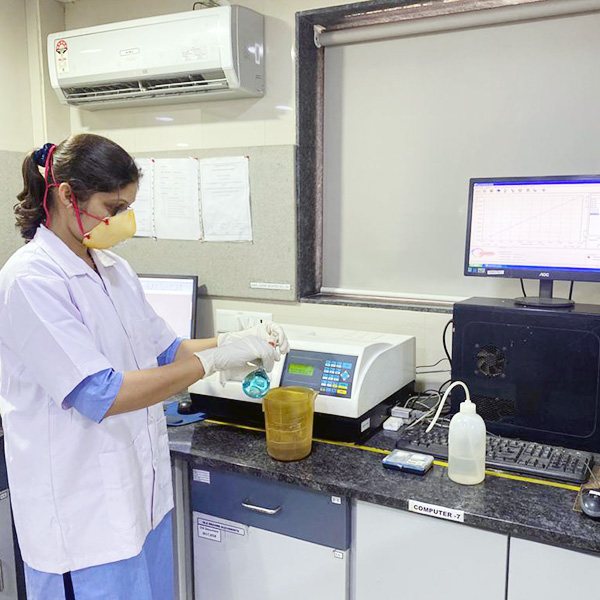
It is recommended that water from each source shall be got tested before the commencement of construction work and with appropriate frequency thereafter till the completion of the work. Water used for mixing and curing of concrete needs to be clean and free from detrimental contaminants of alkalis, acids, oils, salts, organic materials, vegetative growth or other substance that may be deleterious to bricks, stone, concrete or steel. Generally potable water is considered satisfactory for mixing. Here are some parameters that are required to be tested as per the standard.
- 0.02 N H2SO4/100ml
- 0.02 N NaOH/100ml
- Chlorides
- Fixed residue
- pH
- Sulphates
- Total suspended solids
- Volatile residue
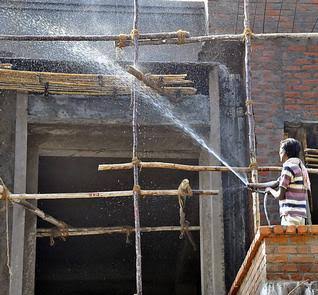
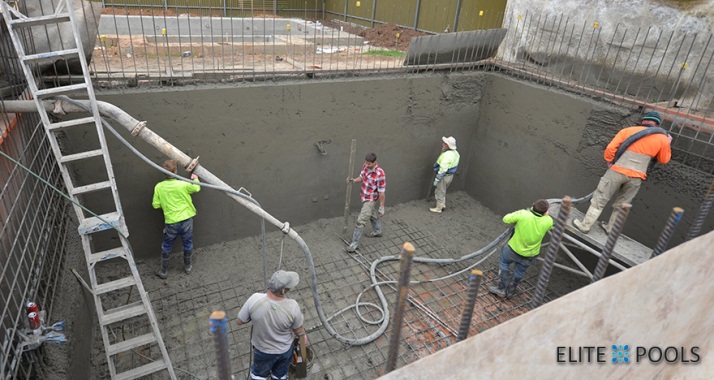
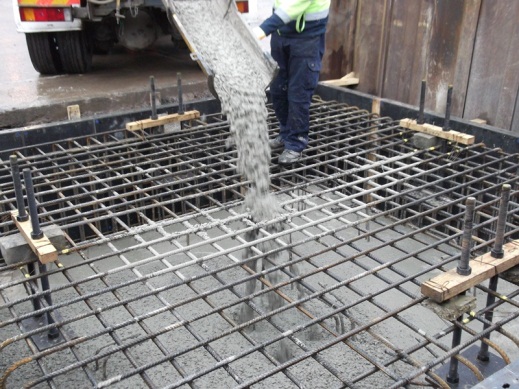
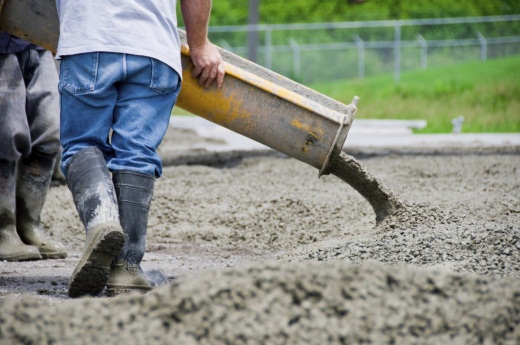
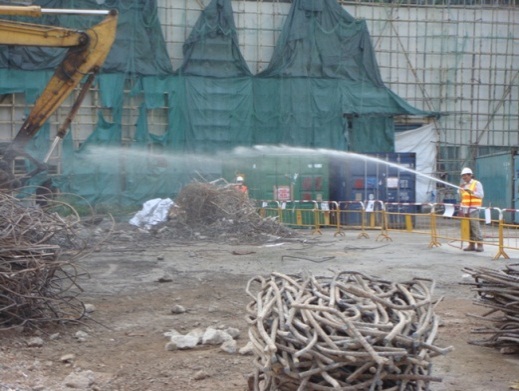
The quality of dialysis fluids is too often a neglected problem at many renal healthcare centers. Every week, haemodialysis patients are exposed to about 400 lit water for the production of dialysis fluids which come into direct contact with the bloodstream. It is, therefore, clearly vital to monitor the chemical and microbiological purity of dialysis water. Not only the final dialysis water quality but also the quality of water at various stages of purification system needs to be monitored. As there is always a risk of chemical contamination due to primary pollution of municipal water, whereas the problem of microbiological contamination lies across the stages of entire treatment, distribution and point of use.
- Aluminium
- Arsenic
- Barium
- Cadmium
- Calcium
- Copper
- E.coli
- Fluorides
- Lead
- Magnesium
- Manganese
- Mercury
- Nitrates
- Potassium
- Residual chlorine
- Selenium
- Silver
- Sodium
- Standard plate count
- Sulphates
- Total chromium
- Total coliform
- Total dissolved solids
- Total hardness
- Zinc
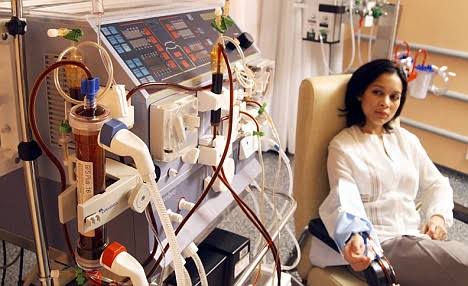
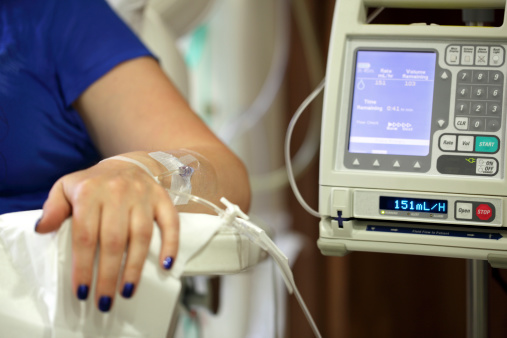

- Calcium
- Carbonate hardness
- Chlorides
- Copper
- Fluorides
- Iron
- Langelier saturation index (LSI)
- Magnesium
- Nitrates
- Non-carbonate hardness
- Oxidation-reduction potential (ORP)
- pH
- Ryznar stability index (RSI)
- Sulphates
- Total dissolved solids
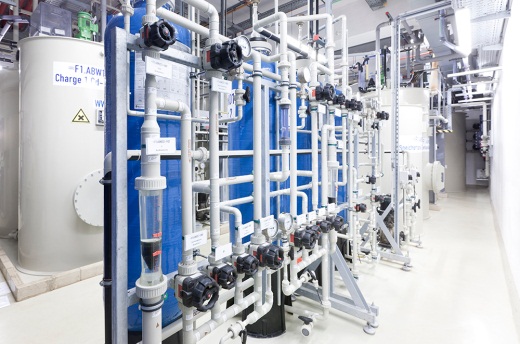
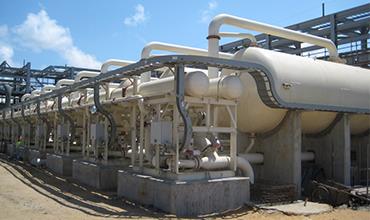
Water recycling is a key to the sustainable future. It indirectly conserves drinking water used for non-critical applications. Recycled water is effectively used for non-potable purposes, most commonly for agriculture, landscape, parks, industrial cooling and process water, toilet flushing, dust suppression, construction activities, concrete mixing and recharging of artificial lakes.
Wastewater recycling pays as it addresses two problems simultaneously:
ONE: Treatment for compliance and arresting the environmental pollution; and
TWO: utilization of same after purification for a lot many gainful applications saving freshwater costs.
Typical tests for recycled wastewater are those required for statutory compliance with a few additional ones to ensure enhanced quality for recycling purpose.
- Ammonical nitrogen
- Arsenic
- Biochemical oxygen demand (BOD)
- Boron
- Cadmium
- Chemical oxygen demand (COD)
- Chlorides
- Copper
- Cyanide
- Fluorides
- Lead
- Mercury
- Nickel
- Percent sodium
- Pesticides
- pH
- Phenolic compounds
- Selenium
- Sulphates
- Sulphides
- Temperature
- Total chromium
- Total dissolved solids
- Total kjeldahl nitrogen (TKN)
- Total oil & grease
- Total residual chlorine
- Total suspended solids
- Zinc
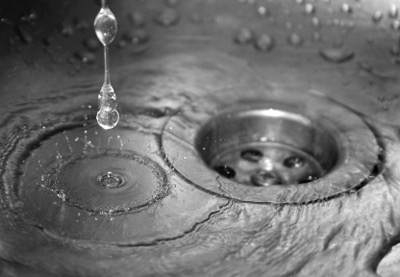

The primary functions of metalworking fluids are to reduce the friction between the tool and the material being cut, to dissipate the heat created and to transport chips and swarf away from the cutting zone. Secondary requirements include corrosion protection for the machine and components, controlling foaming, low evaporation and misting, good skin compatibility, high flash point and high stability, etc.
Here are some parameters that indicate the health of the fluid when tested periodically.
Bacterial
- Chlorides
- Copper strip corrosion
- Electrical conductivity
- Floating oil
- Fungal count
- Nitrites
- pH
- Reserve alkalinity
- Total hardness
Chlorides
- Conductivity
- pH
- Reactive silica
- Standard plate count
- Sulphates
- Total dissolved solids
- Total hardness
- Total solids
Grey Water
- Ammonia
- Conductivity
- Faecal coliforms
- Nitrites
- pH
- Sodium
- Sulphates
- Total hardness
- Total kjeldahl nitrogen (TKN)
- Total phosphorus
- Total suspended solids
- Turbidity
- BOD
Distilled Water
- Conductivity
- pH
- Reactive silica
- Total solids
- Colour retention of KMnO4
- Nonvolatile residue
CLIENTS QUESTIONS
Related Question
Sed ut perspiciatis unde omnis iste natus error sit voluptatem accusantium doloremque laudantium totam rem aperiam eaque ipsa quae illo inventore veritatis quasi architecto beatae.
